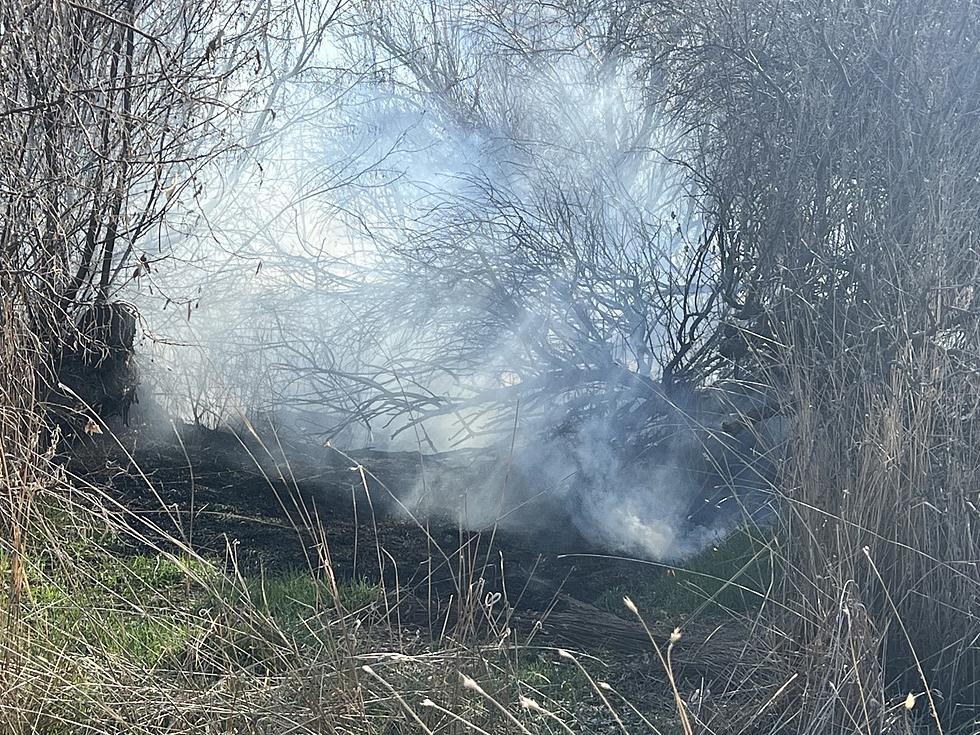
Yakima and Centralia Lawmakers Look to Curb Emergency Powers
A pair of Republican lawmakers are introducing another bill in an attempt to curb the Governor's Emergency Powers. 14th District Rep. Chris Corry R-Yakima and 20th District Rep. Peter Abbarno R-Centralia are co-sponsoring HB 1535. The Bill had it's first reading Monday the 24th and was referred to State Government & Tribal Relations Commitee.

What is the Issue with Emergency Powers?
In 2019 the State Legislature passed SB 5260 which gave the Governor the ability to declare a State of Emergency, and the emergency powers associated with it, without a mandated end date or a legislative extension. It passed the House 98-0 and the Senate 44-2 with three Senators excused. The reasoning behind the move was in case of an event like the Cascadia Subduction Zone, the Governor is not hampered and can act immediately and for as long as is needed. No one saw COVID-19 coming.
Governor Jay Inslee declared a State of Emergency regarding COVID-19 on February 29th, 2020. The Governor ended the State of Emergency on October 31st, 2022...over two years and 975 days later. An attempt to tweak the Governor's Power was attempted in 2022 with SB 5909, but it fell short in the House after passing the Senate 29-20.
What Does This New Bill Do?
This version of Emergency Powers reform is virtually the same bipartisan bill intriduced last year by Rep. Corry HB 1772. It would:
- Allow the Legislature to pass a concurrent resolution declaring the termination of a SOE.
- During a SOE, the governor or Legislature may call a special session, consistent with the state constitution's guidelines, to vote on a concurrent resolution to extend a SOE.
- If the Legislature is not in session, the SOE may also be terminated in writing by unanimous agreement of all four leaders in the House and Senate.
- 60 days after being signed by the governor, unless extended by the Legislature by a concurrent resolution, the SOE will be terminated.
- Prohibits the governor from reinstating the same or similar SOE when the original has expired.
- When needed, multiple extensions of an SOE may be issued by the Legislature; or, when the Legislature is not in session, by unanimous agreement of all four leaders of the House and Senate.
- Requires clarification of changes to law made through an executive proclamation; all such changes must be defined and shown fully in the law, along with any changes made over time.
- Changes any violation of the statute from a gross misdemeanor to a civil infraction of up to $1,000 dollars.
Washington is one of four states that turns over full authority to the Governor in a state of emergency, taking the legislature out of the process giving the Governor the authority to begin and end a SOE without oversight.
LOOK: Stunning vintage photos capture the beauty of America's national parks
More From 98.3 KEYW






